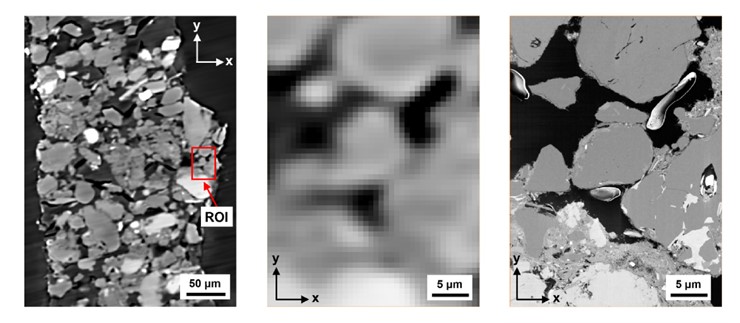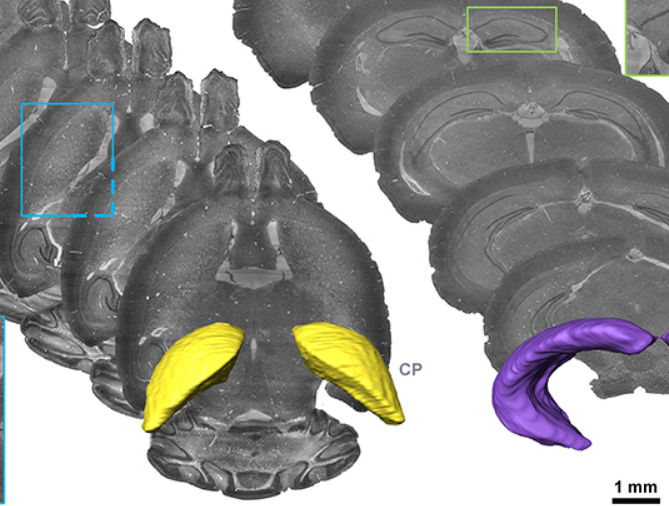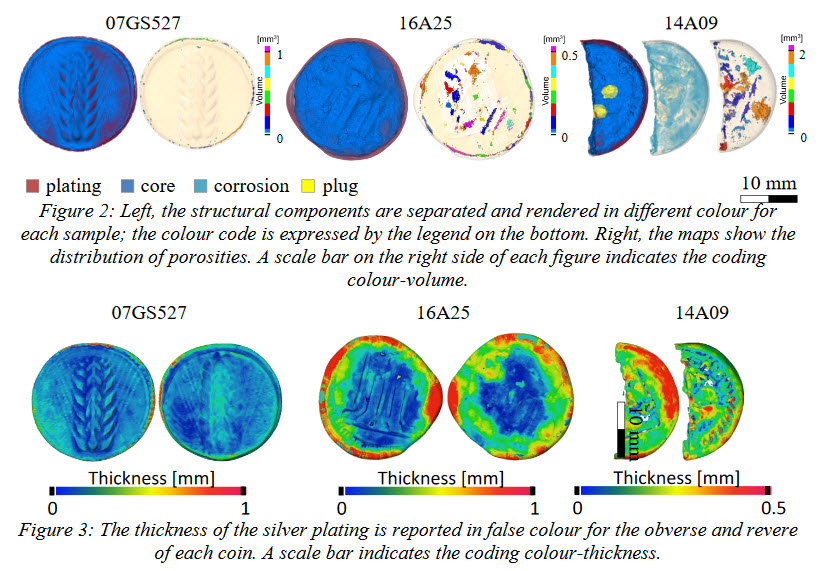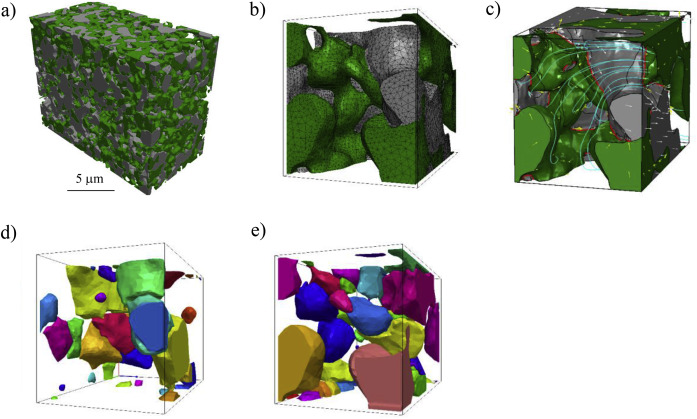Welcome to the Amira-Avizo Software Use Case Gallery
Below you will find a collection of use cases of our 3D data visualization and analysis software. These use cases include scientific publications, articles, papers, posters, presentations or even videos that show how Amira-Avizo Software is used to address various scientific and industrial research topics.
Use the Domain selector to filter by main application area, and use the Search box to enter keywords related to specific topics you are interested in.

The behavior of loess is controlled by its microstructure, consisting of silt sized skeleton particles and complex bonding structures formed by clay-sized particles. Achieving a deep understanding and precise modelling of loess behavior necessitates comprehensive knowledge of the realistic 3D microstructure.
- Innovative 3D analysis of loess microstructure using μXCT and FIB-SEM.
- Detailed visualizat... Read more
B. Yu, T.A. Dijkstra, W. Fan, I.J. Smalley, Y.N. Wei, L.S. Deng

3D loess microstructure of loess, including skeleton particles as well as inter-particle bonding structures, was characterized through a correlative approach using μXCT and FIB-SEM
Loess, a Quaternary wind-blown deposit, is a problem soil that gives rise to frequent geohazards such as landslides and water-induced subsidence. The behavior of loess is controlled by its microstructure, consisting of silt sized
skeleton particles and complex bonding structures formed by clay-sized p... Read more
B. Yu, T.A. Dijkstra, W. Fan, I.J. Smalley, Y.N. Wei, L.S. Deng

Precise Cerebral Vascular Atlas in Stereotaxic Coordinates of Whole Mouse Brain
Understanding amazingly complex brain functions and pathologies requires a complete cerebral vascular atlas in stereotaxic coordinates. Making a precise atlas for cerebral arteries and veins has been a century-old objective in neuroscience and neuropathology. Using micro-optical sectioning tomography (MOST) with a modified Nissl staining method, we acquired five mouse brain data sets containing arteries, veins, and microvessels. Based on the brain-wide vascular spatial structures and brain re... Read more
Benyi Xiong, Anan Li, Yang Lou, Shangbin Chen, Ben Long, Jie Peng, Zhongqin Yang, Tonghui Xu, Xiaoquan Yang, Xiangning Li, Tao Jiang, Qingming Luo and Hui Gong

Defect structure process maps for laser powder bed fusion additive manufacturing
Accurate detection, characterization, and prediction of defects has great potential for immediate impact in the production of fully-dense and defect free metal additive manufacturing (AM) builds. Accordingly, this paper presents Defect Structure Process Maps (DSPMs) as a means of quantifying the role of porosity as an exemplary defect structure in powder bed printed materials. Synchrotron-based micro-computed tomography (μSXCT) was used to demonstrate that metal AM defects follow predictable... Read more
Jerard V.Gordon, Sneha P.Narra, Ross W.Cunningham, He Liu, Hangman Chen, Robert M.Suter, Jack L.Beuth, Anthony D.Rollett

A Neutron Tomographic Analysis of Plated Silver Coins from Ancient Greece Official or Illegal?
In the 6th century BC different techniques of coin manufacture were employed by mints in mainland Greece and in the Greek colonies in Southern Italy. In Greece these techniques were evidently derived from the Lydians and consisted in striking a piece of cast metal of predetermined weight (a ‘blank’ or flan) between two engraved dies made of hardened bronze. Colonies in Magna Graecia, however, uniquely developed another set of minting techniques to produce what today is called incuse coina... Read more
Scott Olsen, Filomena Silvemini, Ulf Garbe, Max Avdeev, Joel Davis, Vladimir Luzin, Ken Sheedy

The electrode microstructural properties significantly influence the efficiency and durability of many electrochemical devices including solid oxide fuel cells. Despite the possibility of simulating the electrochemical phenomena within real three-dimensional microstructures, the potential of such 3D microstructural information has not yet been fully exploited. We introduce here a completely new methodology for the advanced characterization of inhomogeneous current distribution base... Read more
A.Bertei, V.Yufit, F.Tariq, N.P.Brandon